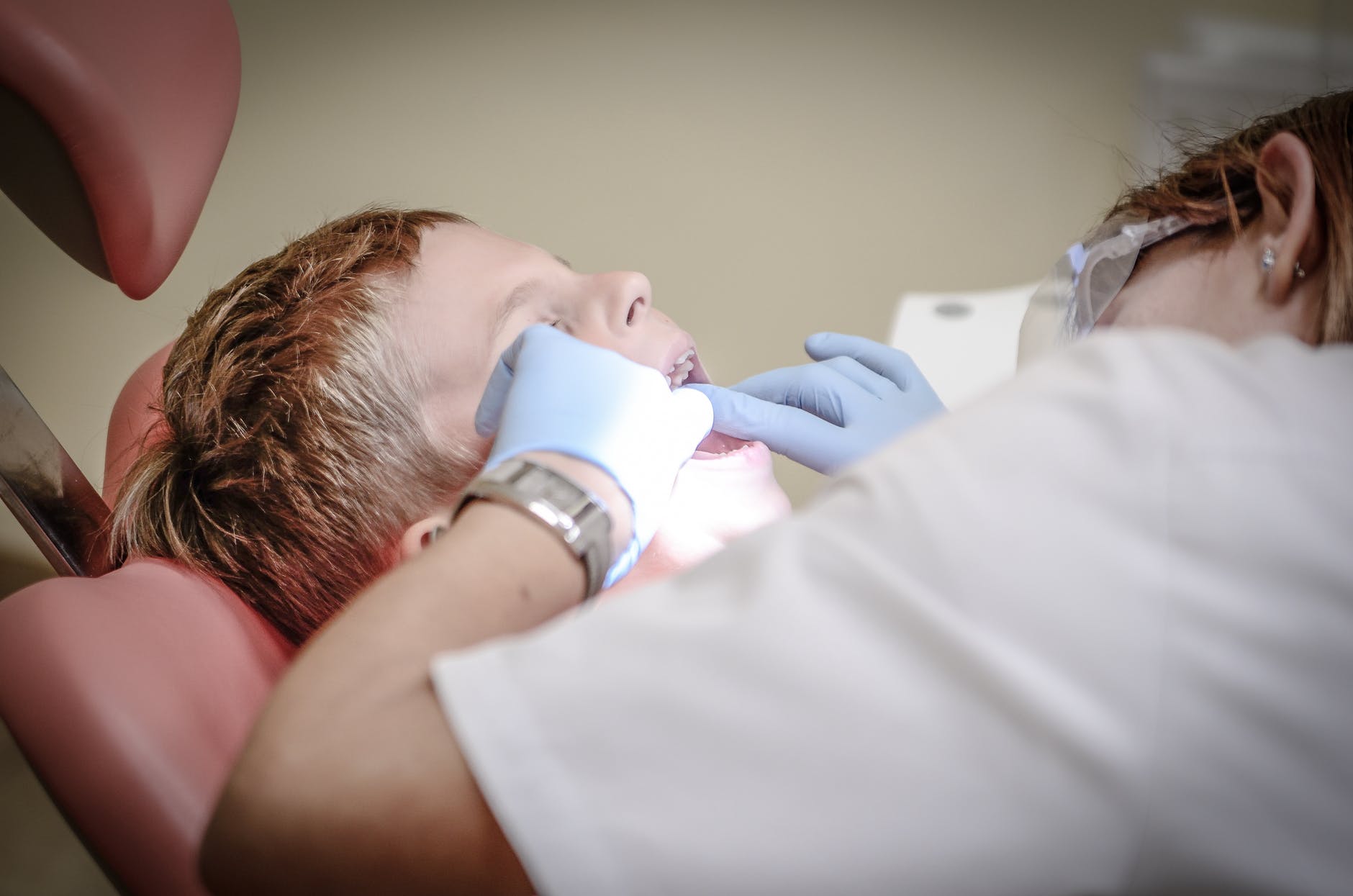
Children should have their teeth checked by a family dentist on a regular basis, usually twice a year, to ensure they have no dental problems. But sometimes a problem develops that means your child should be seen by an emergency dentist. Here are four indicators that a child needs an emergency dental examination and possible treatment.
Bleeding
Whenever your child’s mouth bleeds in an unusual way aside from the normal loss of a baby tooth, which results in minimal bleeding, take your son or daughter to an emergency dentist. Bleeding from an unknown cause needs to be evaluated, and heavy bleeding must be stopped. Try to find out what caused the bleeding, such as falling down or bumping into something. Ask when it started and if the bleeding has changed in any way so you can inform the dentist.
Pain
Intense pain means an emergency dental visit should be arranged. Cavities sometimes cause discomfort, but rarely do they lead to severe pain. On the other hand, an impacted tooth or a serious infection in a tooth or the gums may be causing the problem. Be prepared to let the dentist know if the pain has been intermittent, or if it started off as light and gradually became more uncomfortable. Try to think of any reason why the child’s tooth may be painful while on your way to the emergency dental visit.
Damage
A tooth that becomes chipped, broken, twisted, or falls out needs to be evaluated right away. If the damage was caused by an accident, the problem could become worse if left untreated. An emergency dental visit can help the dentist understand the extent of the damage and the best way of treating it.
Accident
When children play sports, they sometimes get hurt in ways that cause problems with their teeth. For example, if they wear braces or a retainer, the injury should be evaluated to see if the braces or a dental device need to be repaired. Kids who are in car accidents or who have head injuries from other causes should have their teeth checked right away to determine whether the teeth have been affected even if there are no symptoms.
Your children’s teeth require protection as much as the rest of their bodies. When a child sustains a traumatic injury to their teeth, mouth, head, or even the entire body, they should have a dental evaluation to ensure their teeth are okay.

